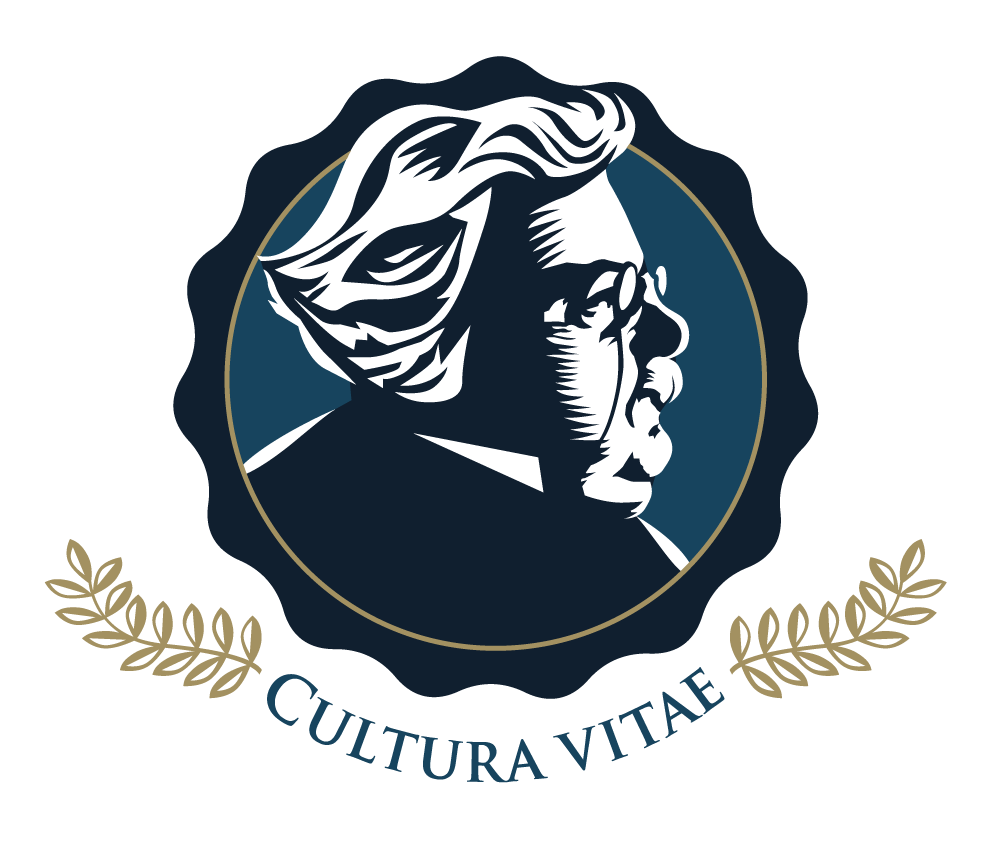
Chesterton News
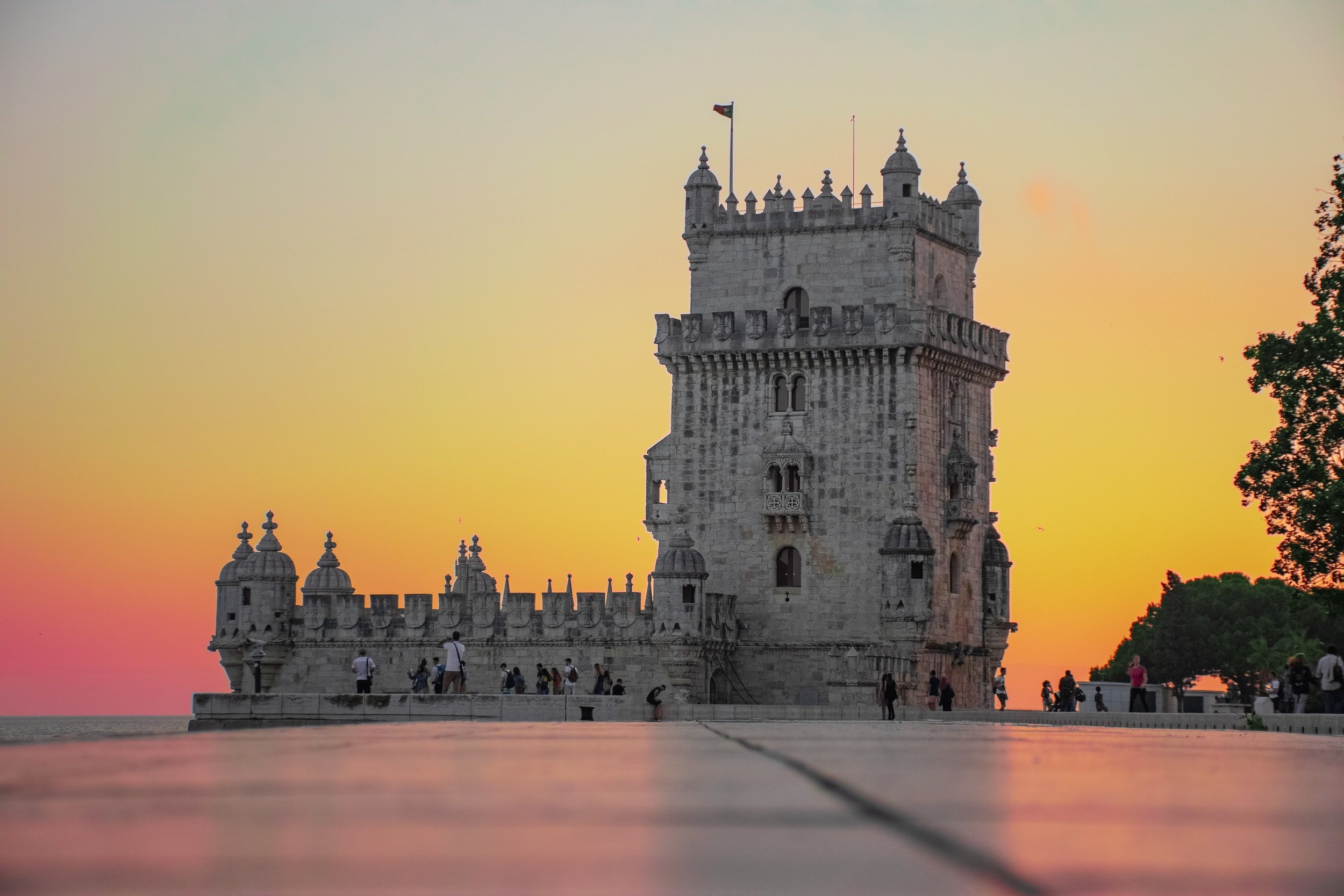
Announcement for CATHF 2022 Pilgrims
Mr. Janeiro’s announcement about the CATHF 2022 pilgrimage for seniors.
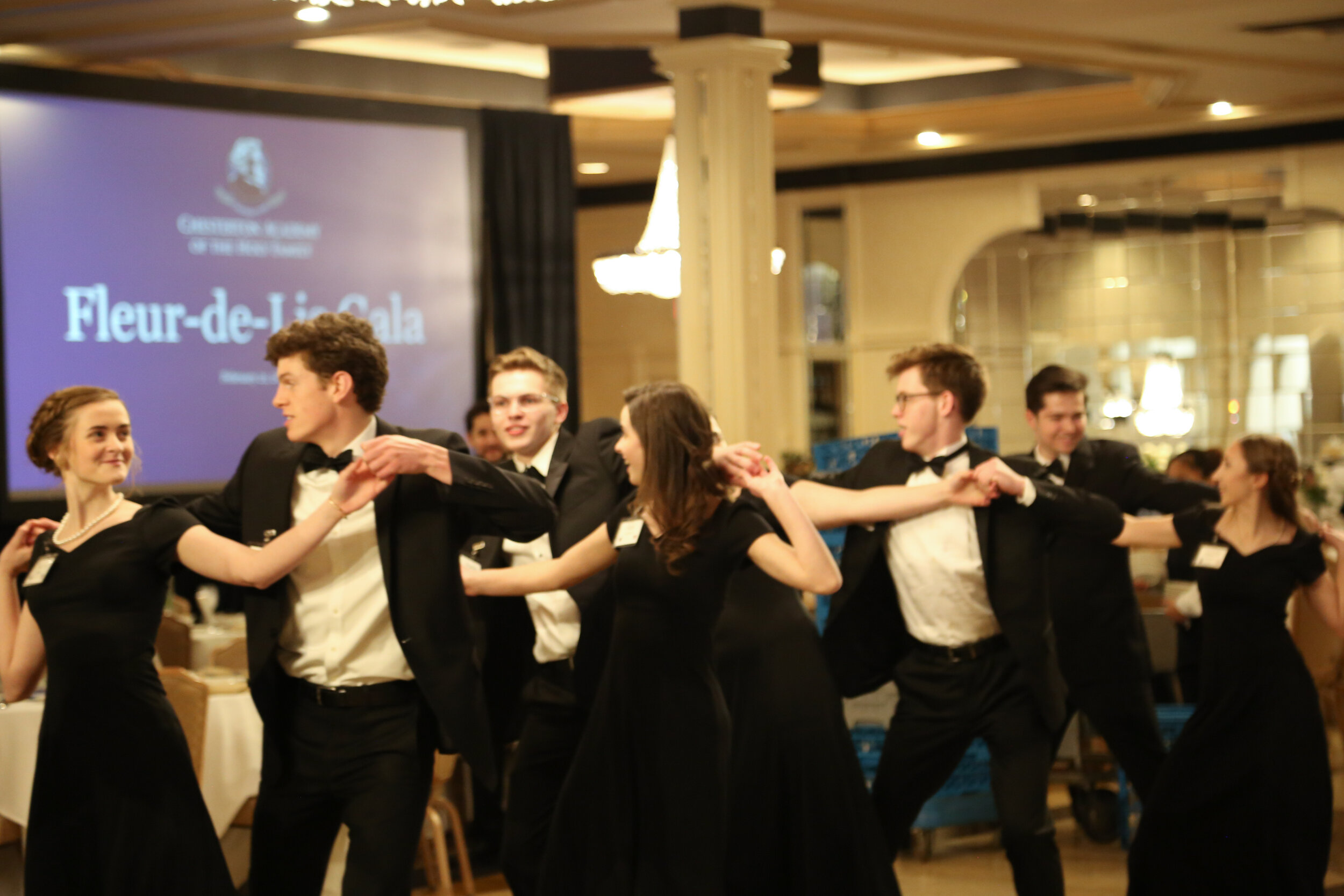
How to Support Our Gala from... Anywhere!
A word from Headmaster Mr. Janeiro on the gala!
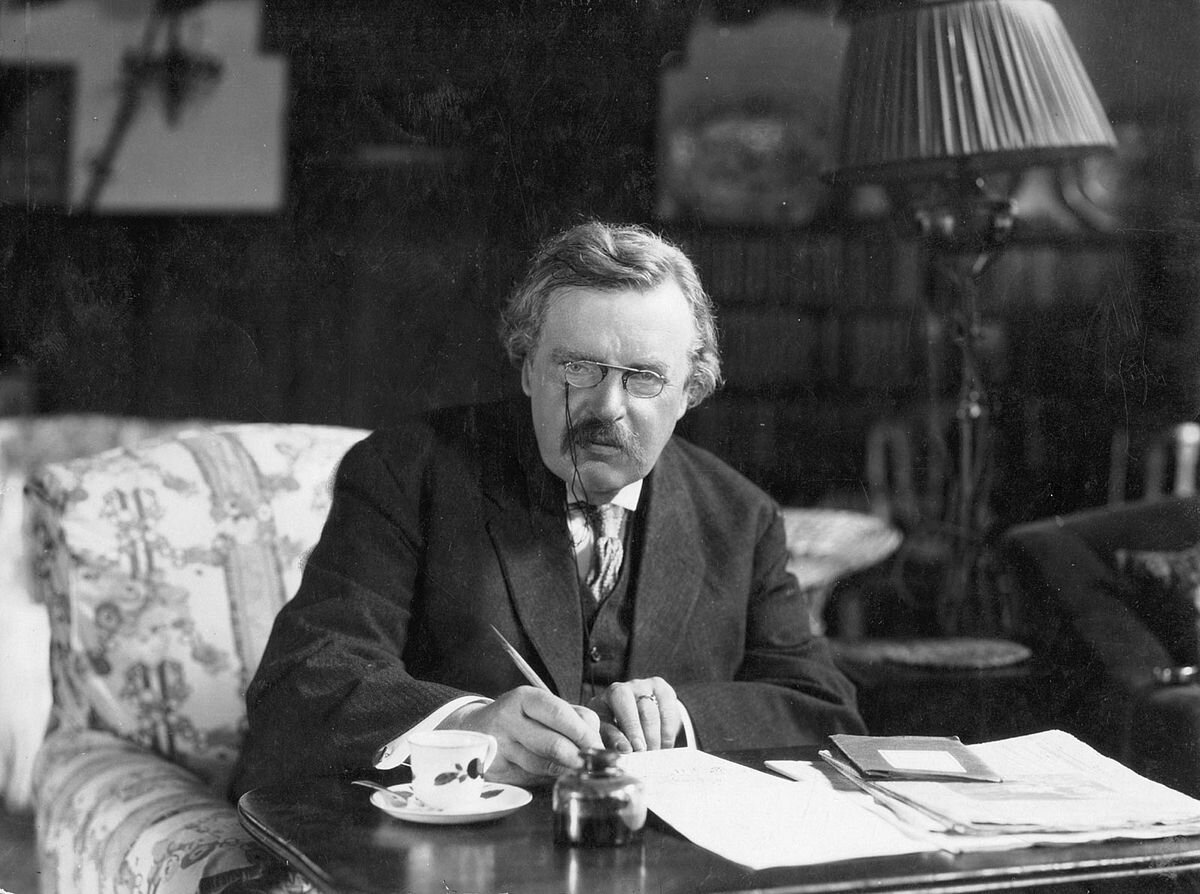
Mr. Janeiro on Chesterton's "A Hymn"
Mr. Janeiro comments on Chesterton’s “A Hymn” and lessons for this moment in our history.

St. Francis saw everything in life as dramatic...
G.K. Chesterton once wrote, “Now for St. Francis nothing was ever in the background. We might say that his mind had no background… He saw everything as dramatic, distinct from its setting, not all of a piece like a picture but in action like a play.”

Living in a culture of distraction: Are we capable of "deep work"?
How capable are we of "deep work"? The contemporary author, Cal Newport, who has a book by that name, defines "deep work" as "distraction-free concentration that pushes your cognitive capabilities to their limit, creating new value and improving your abilities."

"Connected, but alone?" On the need for silence and solitude
Continuing the theme of silence from post last week, I encourage you to watch another lecture (its 18 minutes long) highlighting the need to cultivate silence and solitude if we are going to be able to love others and be ourselves.
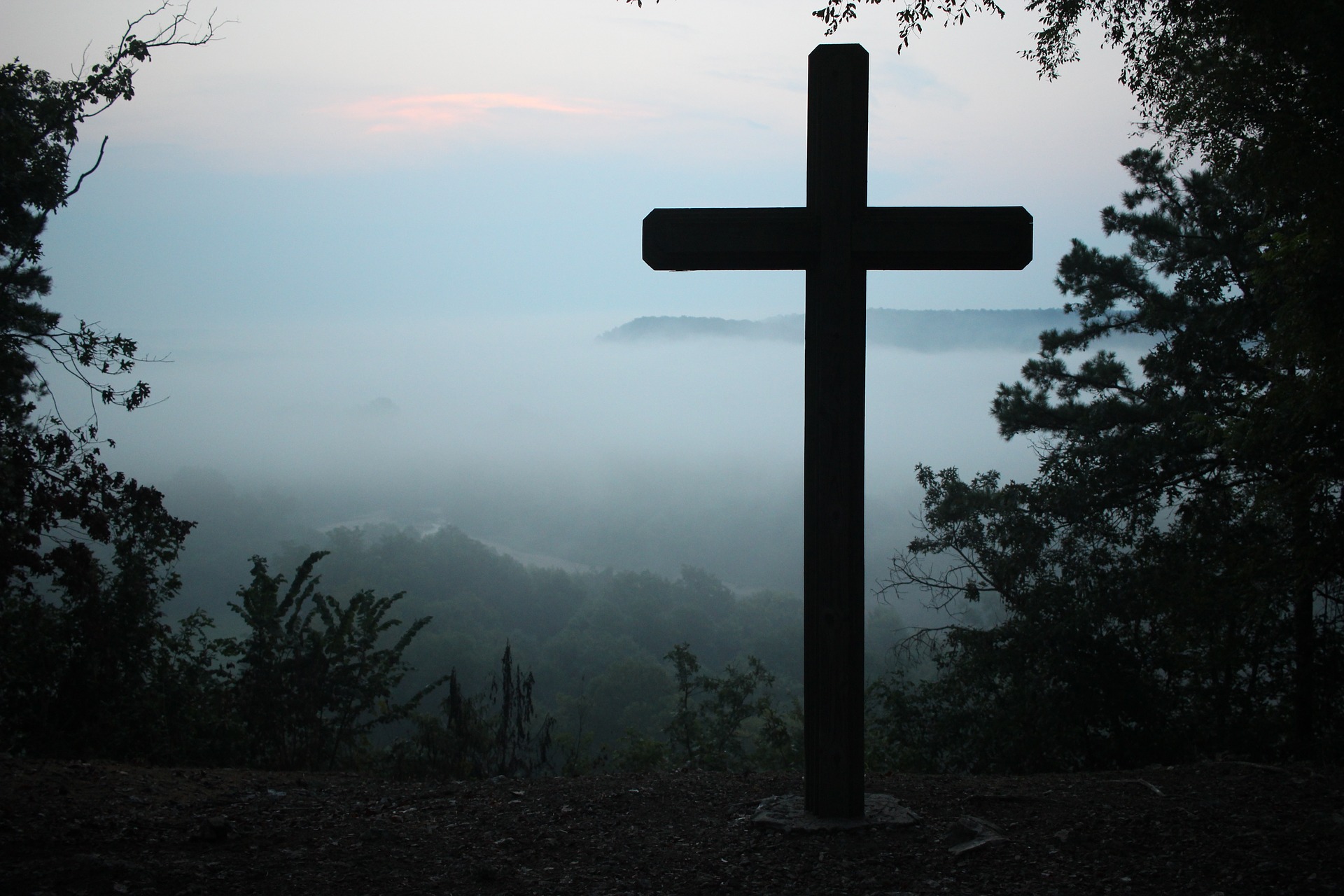
Lent and the Call for Silence
The holy season of Lent is upon us. The practice of silence is an essential way to enter into the penitential spirit of this season and experience its fruit—conversion.
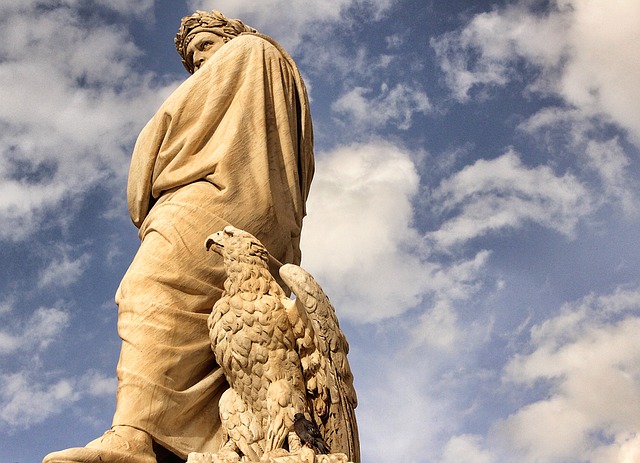
Dante's plea for the intellectual virtues
While sitting in my office a day or two before Christmas break, I overheard an excerpt of a remarkable elocution on the rashness of human judgment delivered by one of our faculty to the Junior/Senior literature class.

"But who can endure the day of his coming...?"
"But who can endure the day of his coming, and who can stand when he appears? For he is like a refiner's fire..." (Mal 3:2, from Friday of the Fourth Week of Advent). I've been listening to Handel's Messiah during the past couple of weeks and one of the songs in the first part takes up this frightening verse.
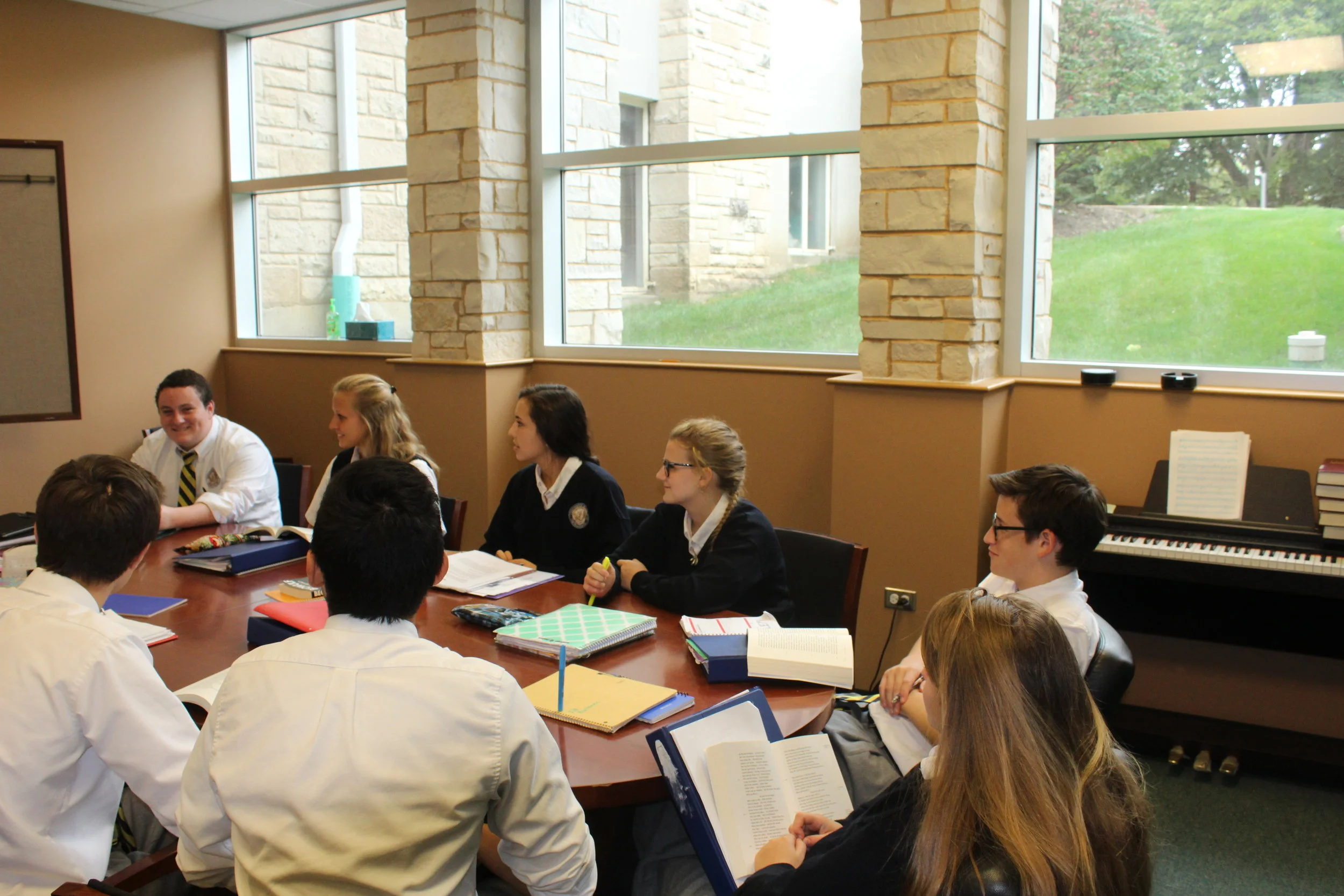
Graduation Speech 2017: "A Committed Life" by Dr. Daniel C. Hauser
Thank you for inviting me tonight it is an honor to be here. A graduation is an important event, a time that takes its meaning from the years that you spent studying and working, especially here at the Chesterton Academy of the Holy Family. But is also a point in which you look forward to the future, a time of transition.
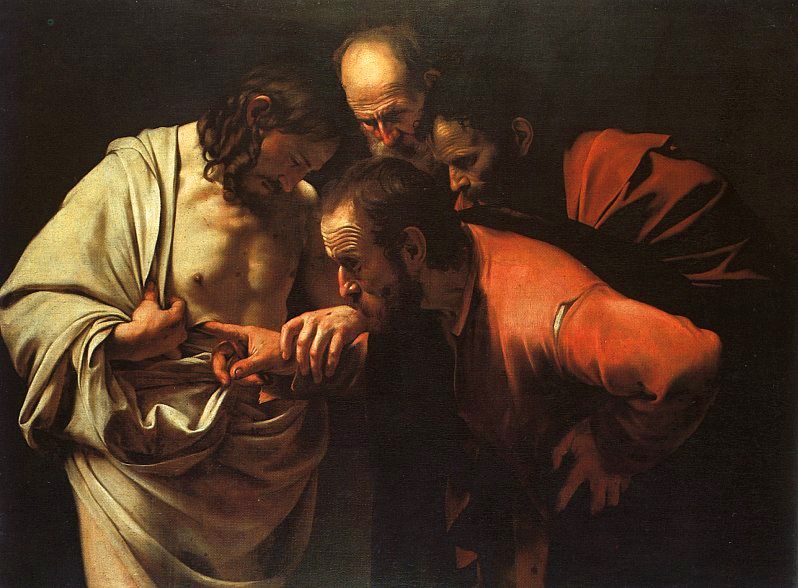
The Resurrection, Education and Learning How to Make Mistakes
“Faith in the Risen Christ transforms life, bringing about within us a continuous resurrection” (Benedict XVI). During Eastertide, the Church proposes that we live with an awareness of the most staggering historical fact: the man, Jesus of Nazareth, was crucified, died, was buried, and then, on the third day, rose from the dead.

Wounded by the arrow of beauty: Introduction to the Spring Fine Arts Festival
Beauty is like an arrow that wounds us, says Benedict XVI, but this is exactly how it summons man to his final destiny.” Beauty draws us along the road to salvation. For this reason, it is said that “Beauty will save the world.”

"Jesus said to them, 'Do not be afraid; go and tell my brothers to go to Galilee; there they will see me'" (Mt 28:10)
"Jesus said to them, 'Do not be afraid; go and tell my brothers to go to Galilee; there they will see me'" (Mt 28:10) Commenting on these words spoken by Jesus after he had risen from the dead, Pope Francis offers us this beautiful and moving reflection.

"The only real sadness, the only real failure, the only great tragedy in life, is not to become a saint."
This quotation by the French Catholic novelist Leon Bloy (from La Femme Pauvre) is more than simply a pious thought; it speaks of the deepest desire of our hearts for God and for human excellence.

What is the reason for that resistance in us and in our children? Some thoughts from Aristotle
Each of us has experienced that resistance which besets us when doing some task which, to be honest, should be a matter of course, e.g., doing the dishes, getting up in the morning, greeting someone we don't know, taking care of that much-needed spring cleaning, doing something new that is out of our comfort zone, etc.
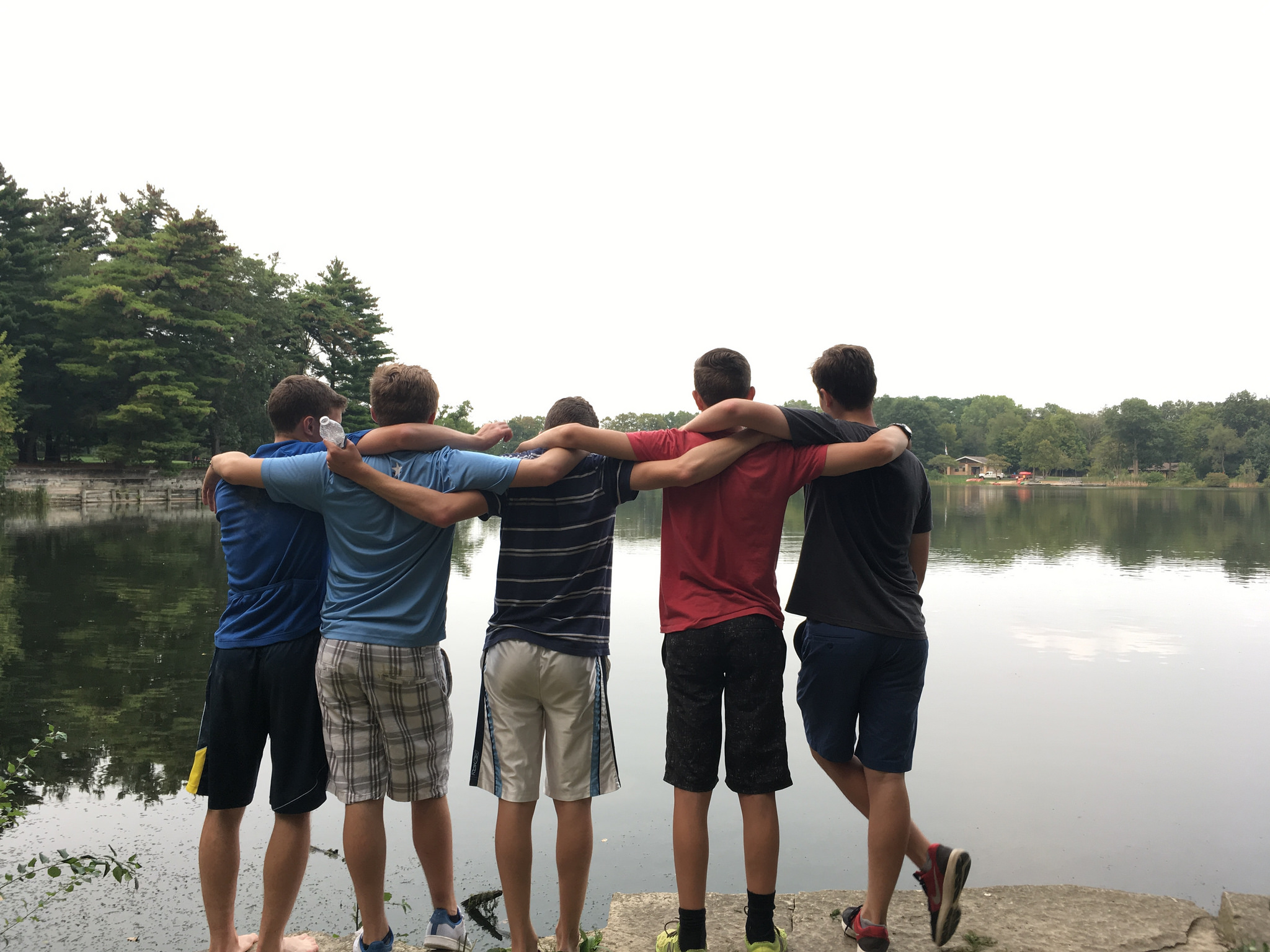
On building character in our children
Right now, my wife and I are reading The Little House books to our daughters. In Farmer Boy, the ten-year-old Almanzo can yoke and drive his own team of oxen. At one point, in the middle of winter, Almanzo is hauling logs from the woods back to his home through the snow. Wow! At ten years old!

How can we know whether we are really educating our students/children? What test can we use?
I have a possible response to these questions. First, we must have in mind what the goal of education is, and then we can evaluate whether our students/children are moving toward it. One articulation of our goal is this: We desire to educate your child’s “palate” such that they will know the “taste” of the truth, the good, and the beautiful.
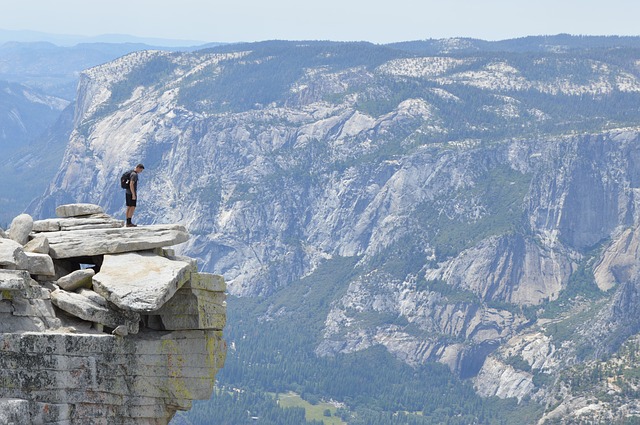
Moral education: offering "a compelling account of goodness and how to achieve it"
"Moral education should provide the young with an understanding of life worthy of themselves—a compelling account of goodness and how to achieve it. If we ask the young only to pursue their desires, should we be surprised if, instead of being uplifted by the freedom we hold out to them, they become bored and disenchanted?”
